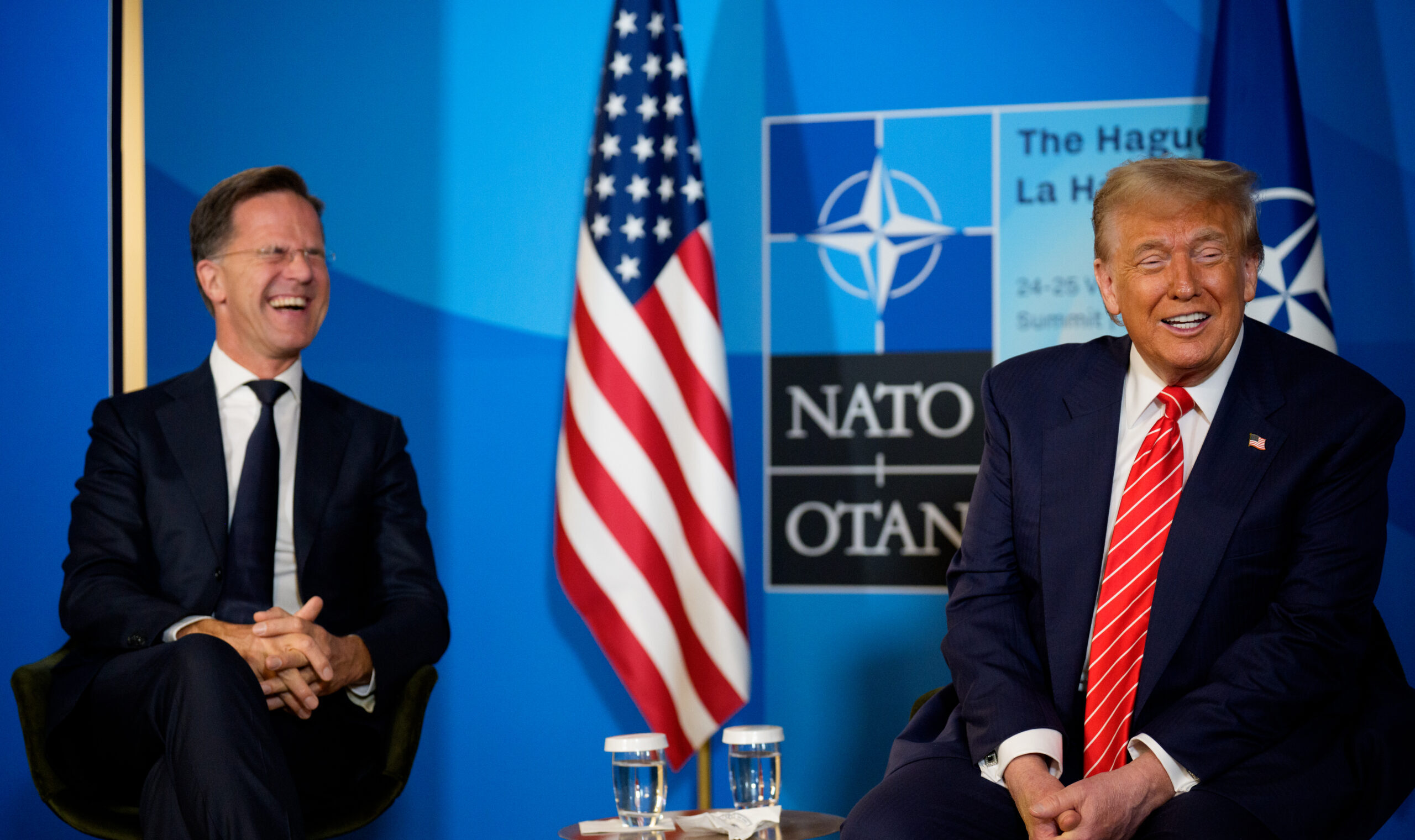How Intervention Intensifies and Worsens Conflicts
Based on these missteps, I propose five principles to guide humanitarian intervention, all of which apply to Libya:
•Do not intervene on humanitarian grounds in ways that benefit rebels unless the state’s retaliation is grossly disproportionate. This policy discourages both rebel provocation and state reprisals against civilians. In Libya, we should intervene no further unless Gadhafi’s forces massacre civilians.
•Deliver purely humanitarian aid — food, water, sanitation, shelter, medical care — in ways that minimize the benefit to rebels. The United States admirably is delivering supplies to Libyan refugees across the border in Tunisia and Egypt. But we should ensure that relief sites do not become rear bases for Libya’s rebels. If local governments are unwilling to patrol the refugee encampments, we should organize multilateral policing.
•Expend substantial resources to persuade states to address the legitimate grievances of non-violent domestic groups. Ironically, Obama has applied little pressure on Yemen and Bahrain, which slaughtered peaceful protesters, but he bombed Libya for responding to armed rebels. This sends precisely the wrong message to the Arab street: If you want U.S. support, resort to violence [bold mine-DL].
•Do not coerce regime change or surrender of sovereignty unless also taking precautions against violent backlash — such as golden parachutes, power-sharing, or preventive military intervention. If the White House insists on Gadhafi’s departure, it should guarantee asylum for him and a continuing share of power for his senior officials and allied tribes. Simply demanding regime change could drive him to genocidal violence as a last resort, while the international community lacks the will for a preventive deployment of ground troops.
•Do not falsely claim “humanitarian” grounds for intervention driven by other objectives. If Obama is
intervening because of Gadhafi’s past misdeeds, rather than recent humanitarian offenses, he should say so publicly. Otherwise, the White House encourages further rebellions that aim to lure U.S. intervention by provoking retaliation. ~Alan Kuperman
I had cited Prof. Kuperman’s article on the moral hazard of humanitarian intervention last week, and this op-ed applies the lessons from that article to the situation in Libya. This last principle is the one that seems the most important, and it is also the most difficult one for governments to follow, and many of the reliable supporters of humanitarian interventions have many other goals. Many hawkish American supporters of humanitarian intervention support these interventions in large part because it is an exercise of American power and “leadership” regardless of the merits of the case. Whether interventions serve other purposes or not, simply using U.S. power in ostensibly moral and high-minded ways reaffirms their ideological convictions that defending “values” automatically serves U.S. interests. If intervention worsens the humanitarian crisis, this doesn’t particularly concern them, because humanitarian crises serve as opportunities for military action and the expansion of U.S. influence in a given country.
The regimes targeted for humanitarian intervention are selected not because of the scale or gravity of their crimes, but because they are regimes led by figures that the intervening governments loathe for a number of reasons. What distinguishes Gbagbo from Gaddafi is not the use of force against political opponents, but Gaddafi’s past record and notoriety as a sponsor of terrorism and as a would-be nuclear proliferator. What has pushed Libya inexplicably to the top of the international agenda is not the scale of humanitarian crisis, as significant as the refugee population fleeing Libya is, but that it is associated with the popular uprisings throughout the region and it is taken for granted that Gaddafi’s victory would undermine uprisings elsewhere.
Almost as soon as Gaddafi’s crackdown began, we started hearing arguments that Western governments had to step in to keep Gaddafi from discouraging protest movements and encouraging authoritarians to use force to respond to protests, and this claim is central to the argument that a Libyan intervention serves U.S. strategic interests. The claim doesn’t hold up and the U.S. has no strategic interests in Libya, but it has been clear from the beginning that preventing large-scale loss of life has actually been ancillary to the political goal of propping up the rebels, who serve as the Libyan proxies for uprisings throughout the region, and the desire to align the U.S. with popular protests. This is why the U.S. and allied governments have intervened directly in the civil war in order to prolong and intensify the conflict, which will ultimately result in the deaths of more civilians.
As Prof. Kuperman explains in the op-ed, and as I have been saying, intervening directly on behalf of armed rebels while doing little on behalf of unarmed protesters sends the message that violent resistance and provoking massive repression are the keys to winning outside support.
